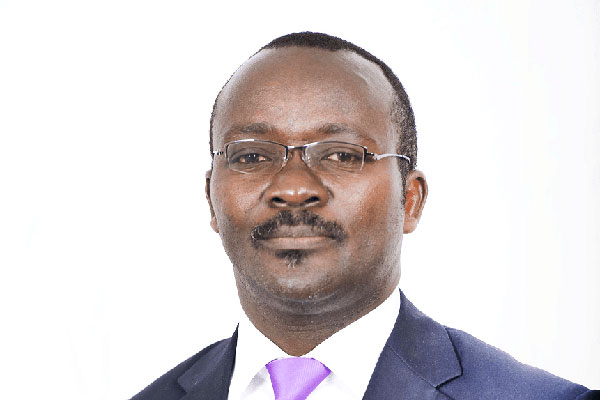UBTEB rolls out new module assessment

Welding students at Nakawa Vocational Training Institute in October 2019. Photo / Rachel Mabala
What you need to know:
- According to officials from UBTEB, the new module assessment will enable Ugandans with any level of education to work while studying.
The Uganda Business and Technical Examination Board (UBTEB) has rolled out the new modularised assessment programmes as more than 15,000 students are lined up to sit examinations.
According to officials from UBTEB, the new module assessment will enable Ugandans with any level of education to work while studying.
Addressing journalists on Thursday at their offices in Ntinda, Kampala the board’s deputy executive secretary in-charge of examination, Wilfred Nahamya, said they have developed a syllabus of 12 programmes for the new assessment.
Nahamya said they have started with the programme for Primary Seven leavers.
He explained that the new assessment module is flexible, enabling learners to decide to study only one module of a given programme, which takes about three months, as opposed to the entire programme for three years.
“A person undertaking a certificate in motor vehicle mechanics can decide to study only one module in brake systems as opposed to the required eight modules of the entire course,” Nahamya said.
He added: “The person will be assessed after the first module and can decide to either work and complete other modules later, or continue with the modules.”
He said the new assessment started with students who enroled in various technical institutes on January 10 when the government fully reopened institutions of learning.
According to UBTEB, the new assessment is intended to reduce the number of school dropouts because one spends less time in schools while attaining qualification in various programmes.
The officials say that with the new assessment the issue of youth unemployment will be addressed.
The executive secretary of UBTEB, Mr Onesmas Oyesigye, said the system is inclusive as students in schools and those not, will be assessed together.
“They should be able to come and take on the module they prefer to be assessed and get a certificate of competence. They should be able to go and work, and come back at the appropriate time,” he said.
The developed programmes for the new module assessment include electrical installation, building and concrete practice, fashion and design, agriculture, interior decoration, motor vehicle mechanics, welding and fabrication and food preparation and processing, among others.
15,000 to sit exams
Meanwhile, Mr Oyesigye said the board is set to conduct the last batch of examinations which kick off next week on Monday across the country.
According to Mr Oyesigye, a total of 15,809 candidates are slated to sit for the technical and vocational examinations from 223 centres.
The examinations are for students undertaking higher national diploma and vocational studies (3,540), biological and agricultural sciences (1,167) and business and humanities (11,102).
“The board appeals to heads of centres and candidates to observe standard operating procedures and Covid-19 guidelines issued by the Ministry of Health,” Mr Oyesigye said.
These exams are slated to end on February 7. In November last year, the board conducted the first set of examinations that saw a total of 30,000 sitting the exams.
This means that both exams combined, a total of 45,809 students will sit the 2021/2022 examinations.
The board decided to conduct the exams in two phases due to Covid-19 restrictions.




